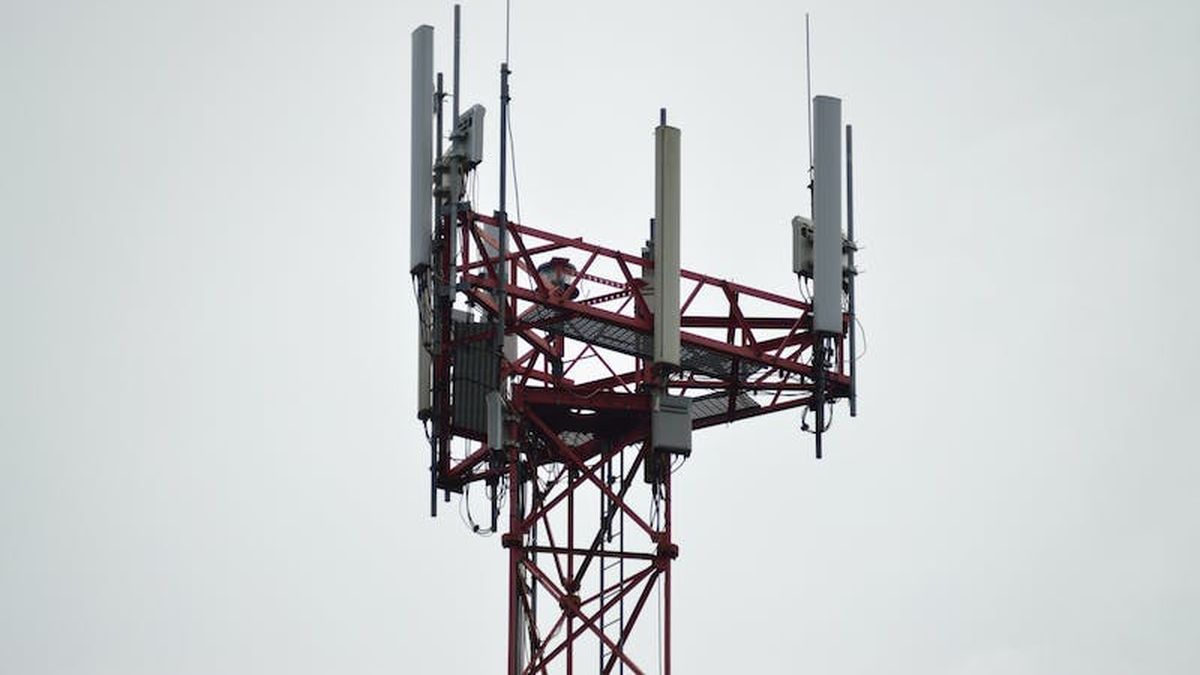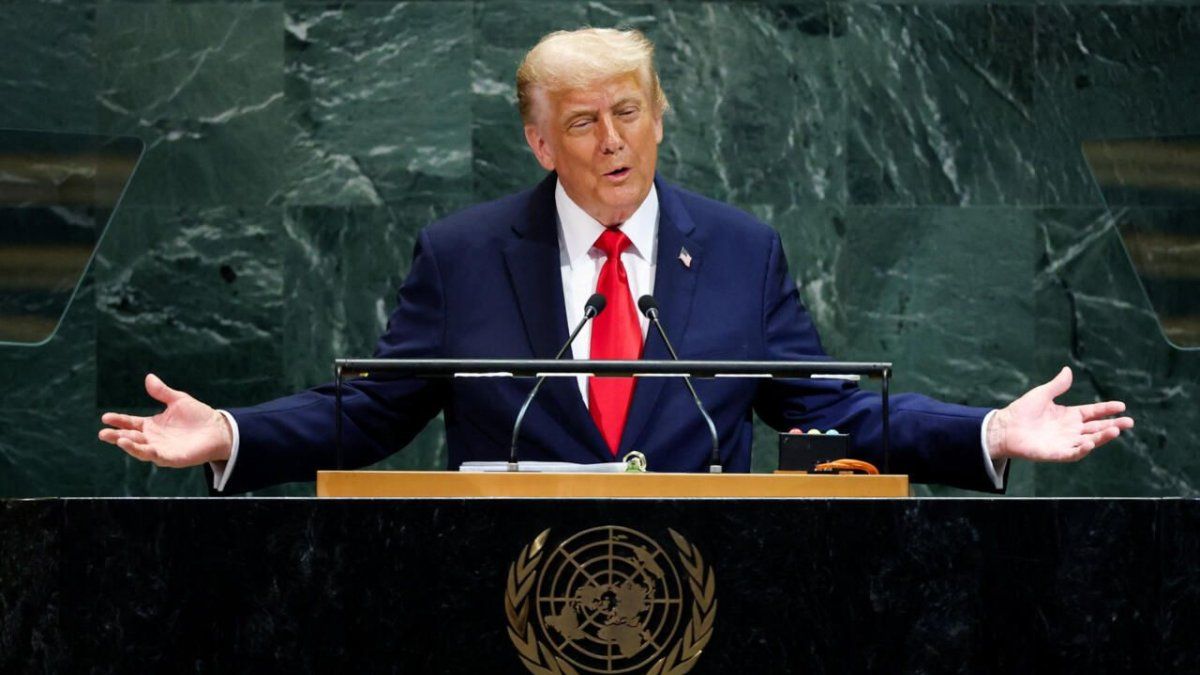The Federal Administrative Litigation Justice declared the nullity of the Decree of Necessity and Urgency that had considered telecommunications as an essential public service.
The resolution was issued by the court judge Cecilia De Negre, within the framework of a proposal by the company Telecom Argentinawhich is a telephone, cable and internet access provider.
The company questioned that until the issuance of that rule, which it described as unconstitutional, it could “freely set prices” and due to the restrictions derived from state control that the “public service” category imposes on its activity.
DNU 690/2020, which was published in the Official Gazette on August 22, 2020, declared Information and Communications Technologies (ICT) services and access to telecommunications networks for and as essential public services. between licensees of ICT services, reincorporating the nature of public competition service as article 15 of Law No. 24,078 on Information and Communications Technologies.
On April 7, 2021, Telecom Argentina SA, appears as attorney-in-fact and filed a lawsuit against the National Executive Branch and ENACOM, in order to declare the nullity of DNU 690/2020 and the nullity of ENACOM Resolutions 1466 and 1467, both of 2020; as well as the unconstitutionality of art. 24 of Law 26,122, which is the legal regime of the DNU.
It also made a reservation to claim damages incurred by the DNU, which froze prices until 12/31/2020, without providing for financial compensation or any compensation.
The National State answered the lawsuit, alleging that the legal regime of telecommunications is not immutable and that its modification occurred within the framework of an exceptional circumstance, such as the health emergency derived from the covid-19 pandemic.
Likewise, he defended that “ICT services are an essential and strategic public service of the 21st century; they must satisfy the typical notes of continuity, regularity, equality, generality, obligatory nature, universality and accessibility.”
The judge maintained that the aforementioned norm made permanent legal modifications and that, although the Executive Branch is constitutionally authorized to issue DNU in certain matters, qualification as a public service requires “a form of law from Congress.”
He said that “by providing that the activity provided be removed from the private sector, fundamental rights are limited, which can only be provided by the sanction of a law; since it has an expropriatory nature of acquired rights protected by the guarantee of article 17 of the CN; is that the declaration of an economic activity as a public service implies subjecting it to a special regime of legal subjection, which requires the issuance of a formal law issued by Congress; a technique known as publicatio”.
Judge De Negre maintained that the exceptional circumstances that enable the Executive Branch to issue a DNU were not proven either, the extension of the measures beyond the pandemic makes them – in her opinion – unreasonable and the delegation contained in favor of the National Entity of Communications (ENACOM) to dictate complementary regulations constitutes a “blank delegation” contrary to article 76 of the National Constitution.
In effect, he maintained that “it was the health emergency situation, within the framework of the COVID-19 pandemic, that justified granting protection measures and access to ICT services and ensuring the right to education.”
However, “it was not established that its duration would be until the end of the pandemic, but rather the measures were established on a permanent basis. This affects the principle of reasonableness by establishing a discordance between the purpose of the norm and the means used,” he warned.
Source: Ambito




